How one NHS trust encrypted its data
Do businesses and the rest of the public sector have anything to learn from NHS requirements that all hospitals encrypt their data?
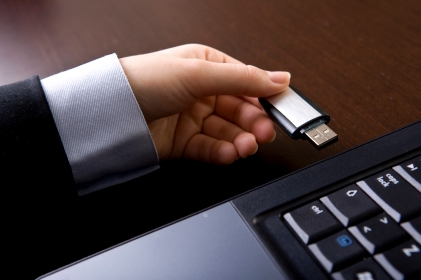
It was last September when NHS chief executive David Nicholson issued a national mandate that demanded all NHS trusts nationally secure personal data with encryption.
Nicholson and the NHS appreciated the importance of the security of patient data, which was often sensitive. In 2008, there had been a number of high profile data leaks from councils and other public sector agencies and was at the time a particularly hot topic.
The NHS was also trying to move data held on paper to a digital form, with organisations around the world having the same concerns.
When this mandate was passed down, there was no suggested solution. It had nothing to do with the 12.7 billion NHS IT project, which meant that all NHS trusts were required to find their own way to encrypt their data through suppliers and vendors.
The Nottingham University Hospital NHS Trust revealed to IT PRO some of the trials and tribulations that it had to go through to implement encryption, mainly concerning the use of USB sticks.
Duncan Bliss, ICT manager for the trust, said that they to look at what sort of encryption they needed to do and its own working practices.
He said: "Part of that is looking at what people do with data sticks for example. In our investigations it unearthed some poor practice where data was being taken offsite, which in some circumstances was quite sensitive."
Get the ITPro daily newsletter
Sign up today and you will receive a free copy of our Future Focus 2025 report - the leading guidance on AI, cybersecurity and other IT challenges as per 700+ senior executives
"What it did was become a real eye-opener for us that we needed to do something about it," he added.
With the security of data sticks, there are a number of different options. Some NHS trusts went down the route of disabling all of their USB ports, standard practice in some corporate industries.
However Bliss said that because it was a teaching trust, it was difficult to implement because there was a legitimate need for people to move data, and much of it wasn't sensitive.
Bliss said: "You can go down the encrypted stick route and allowing a certain type of stick onto your network."
However, encrypted sticks were expensive, so the Trust decided to go down the route of looking at software that controlled what kind of devices were plugged into USB ports.
Bliss said: "We could automatically block things like iPods that we couldn't see a legitimate reason to be used within the NHS. Then you can start to come up with an approved list of data sticks."
In the end the trust decided to use a solution from Safend, which also had the benefit of "forcing" encryption. If a user decided to put a USB stick in, they were prompted with a choice about whether to encrypt' or to cancel'.
If the user cancelled, then they could take data off the data stick but couldn't save anything to it. If they chose to encrypt, it backed the data up and encrypted the stick, which allowed them to put data back on.
Bliss said: "We would be able to have USB sticks worth under 10 and use it as an encrypted stick. People were able to use their existing data sticks to encrypt."
The benefit included the protection of data on CDS and DVDS. No data was allowed to be burned without encryption.
Bliss said that the encryption solution, for 10,500 employees and 7,000 PCs, was implemented in around eight weeks.
-
 Cleo attack victim list grows as Hertz confirms customer data stolen
Cleo attack victim list grows as Hertz confirms customer data stolenNews Hertz has confirmed it suffered a data breach as a result of the Cleo zero-day vulnerability in late 2024, with the car rental giant warning that customer data was stolen.
By Ross Kelly
-
 Lateral moves in tech: Why leaders should support employee mobility
Lateral moves in tech: Why leaders should support employee mobilityIn-depth Encouraging staff to switch roles can have long-term benefits for skills in the tech sector
By Keri Allan
-
 NHS supplier hit with £3m fine for security failings that led to attack
NHS supplier hit with £3m fine for security failings that led to attackNews Advanced Computer Software Group lacked MFA, comprehensive vulnerability scanning and proper patch management
By Emma Woollacott
-
 Cyber attack delayed cancer treatment at NHS hospital
Cyber attack delayed cancer treatment at NHS hospitalNews A cyber attack at Wirral University Teaching Hospital in 2024 delayed critical cancer treatment for patients, documents show.
By Nicole Kobie
-
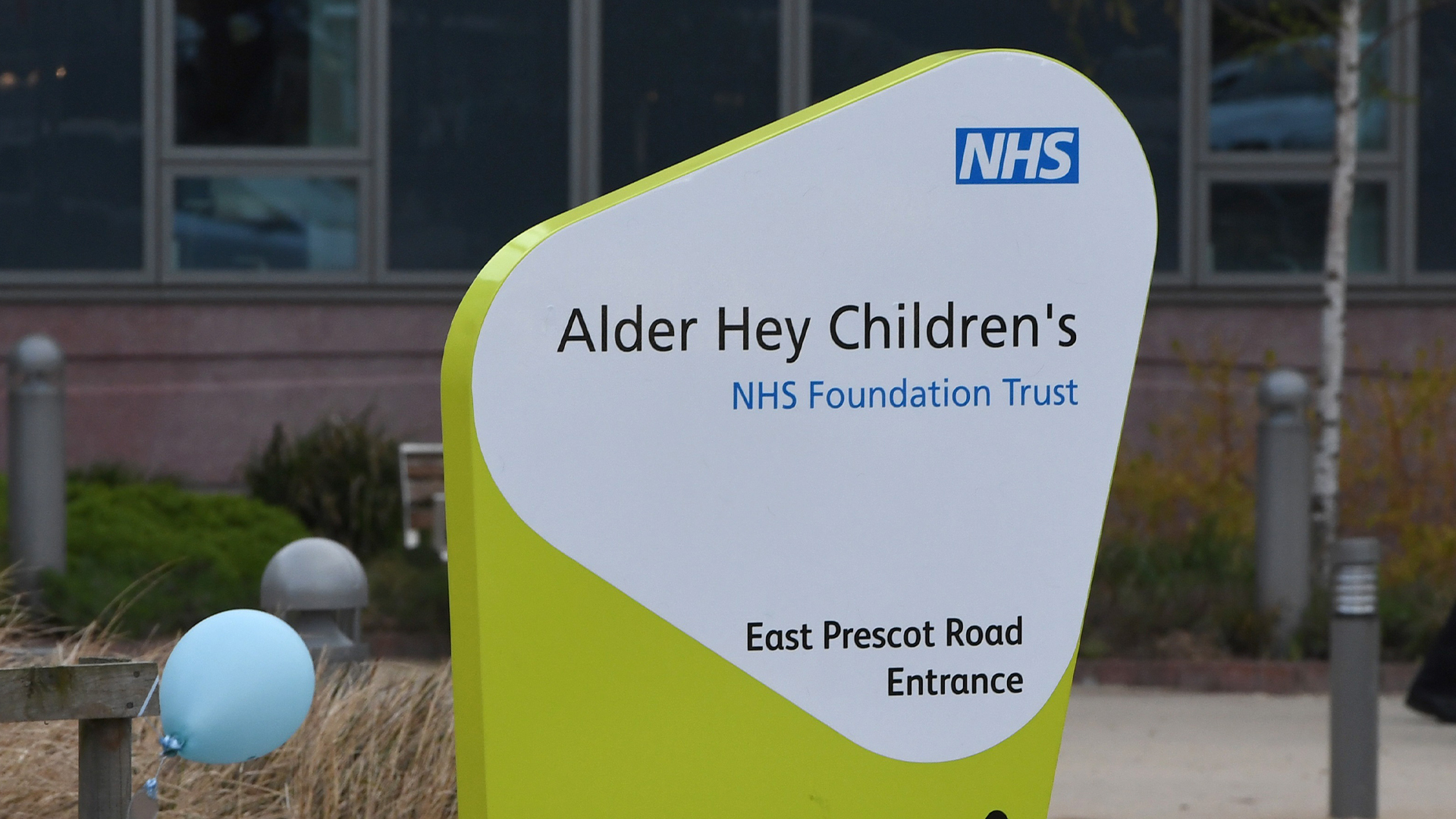 Alder Hey Children’s Hospital confirms hackers gained access to patient data through digital gateway service
Alder Hey Children’s Hospital confirms hackers gained access to patient data through digital gateway serviceNews Europe’s busiest children’s hospital confirmed attackers were able to steal data from a compromised digital gateway service
By Solomon Klappholz
-
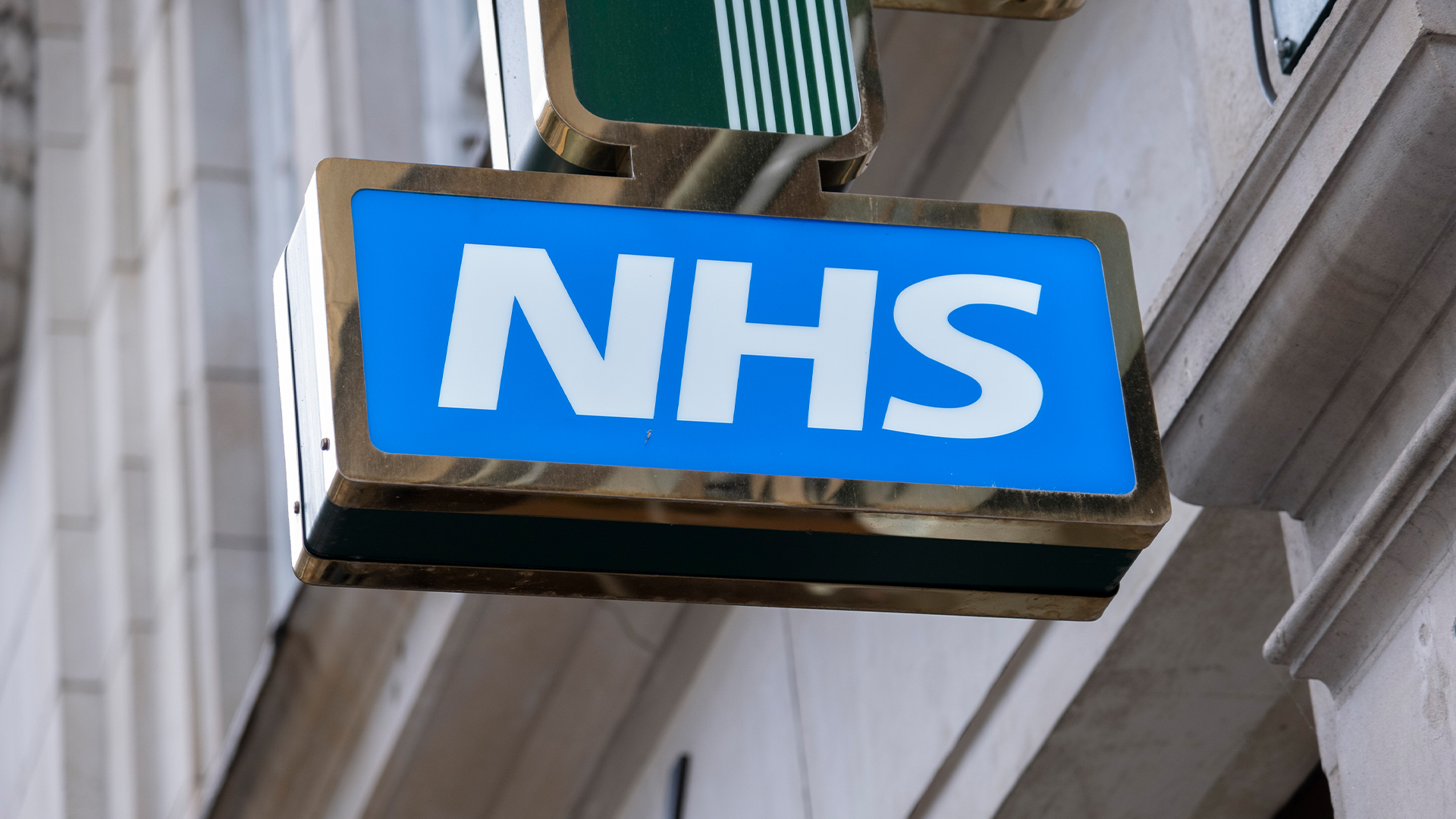 Major incident declared as Merseyside hospitals hit by cyber attack
Major incident declared as Merseyside hospitals hit by cyber attackNews The incident, which has led to cancelled appointments, is just the latest in a series of attacks on healthcare organizations
By Emma Woollacott
-
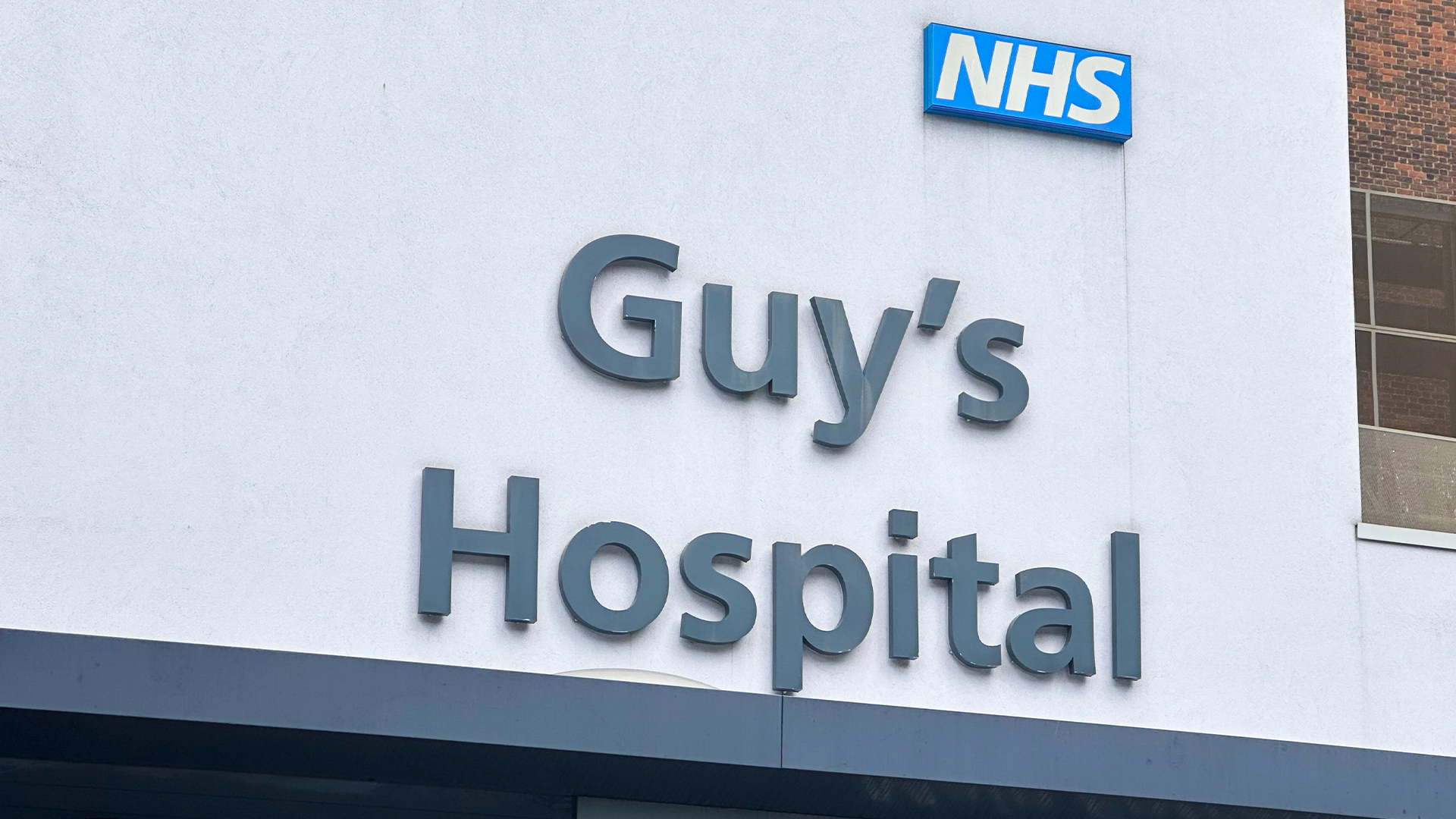 Thousands of procedures canceled at London hospitals as Qilin releases blood test data
Thousands of procedures canceled at London hospitals as Qilin releases blood test dataNews The attack on blood testing company Synnovis continues to affect patients, while the ransomware group follows through with its threats
By Emma Woollacott
-
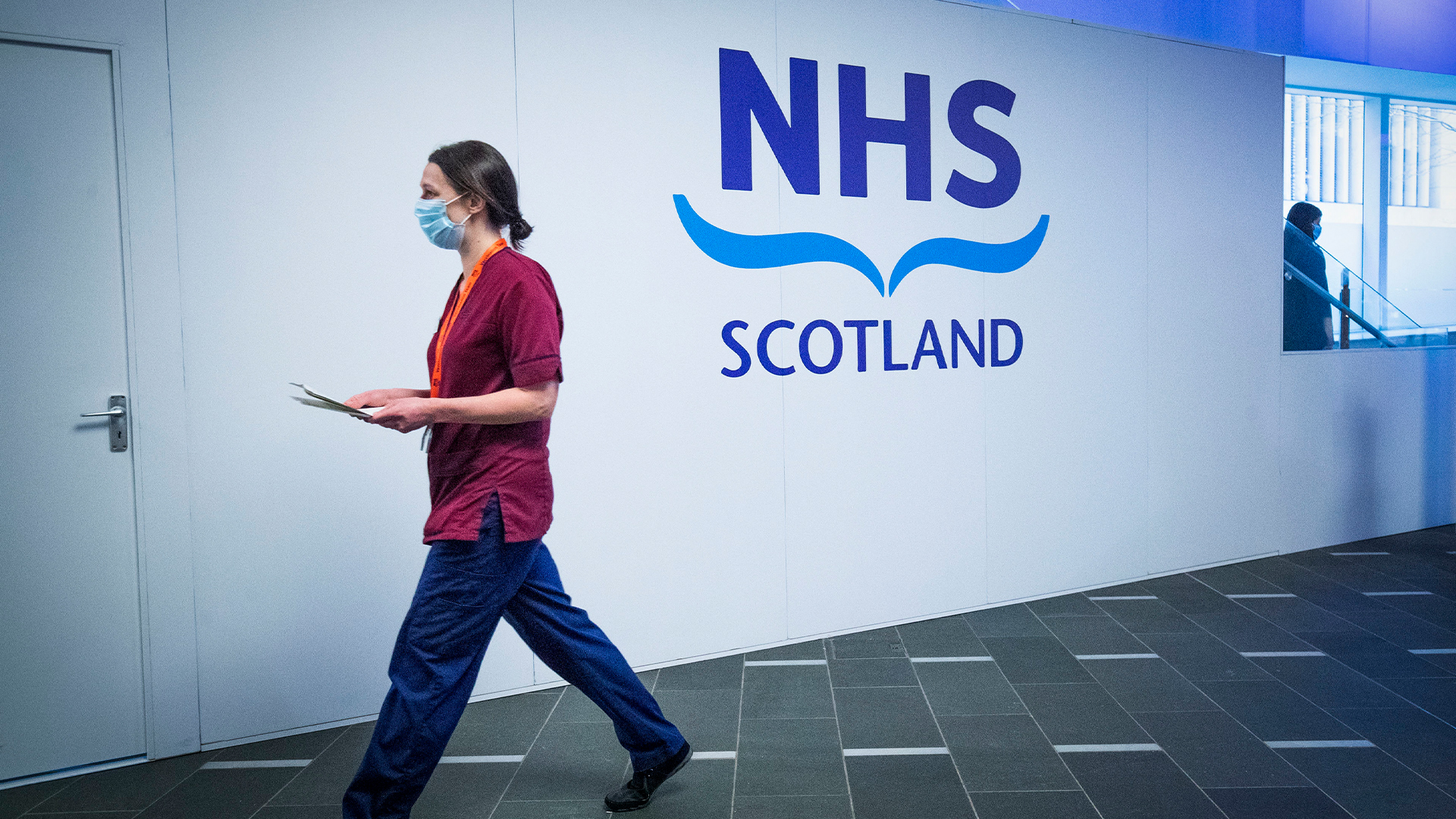 Ransomware group threatens to publish 3TB of stolen NHS Scotland data after posting proof of attack
Ransomware group threatens to publish 3TB of stolen NHS Scotland data after posting proof of attackNews NHS Dumfries and Galloway has confirmed some of the sensitive data stolen during the 15 March attack has been published by a known ransomware operator
By Solomon Klappholz
-
 Attack on third-party software vendor disrupts NHS ambulance services
Attack on third-party software vendor disrupts NHS ambulance servicesNews The ambulance services serve more than 10 million people across the south of England
By Ross Kelly
-
 NHS data leak raises ‘serious questions’ about Manchester University cyber attack
NHS data leak raises ‘serious questions’ about Manchester University cyber attackNews NHS patient data used for research purposes is believed to have been compromised in the June attack
By Ross Kelly